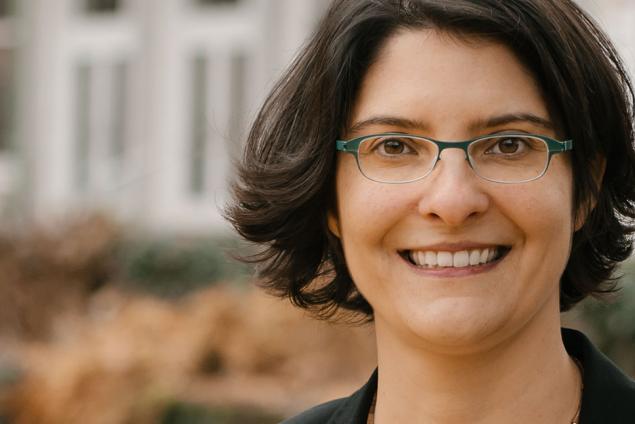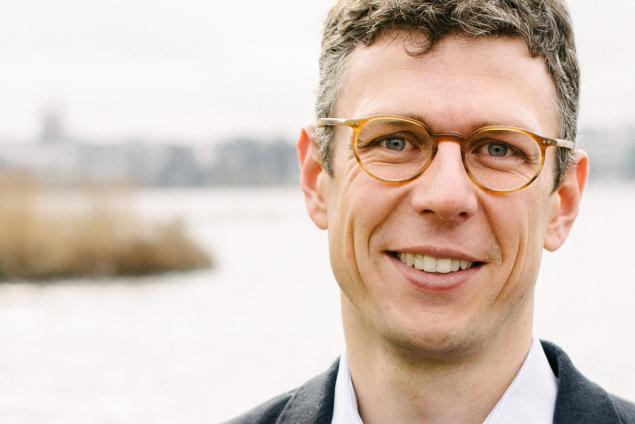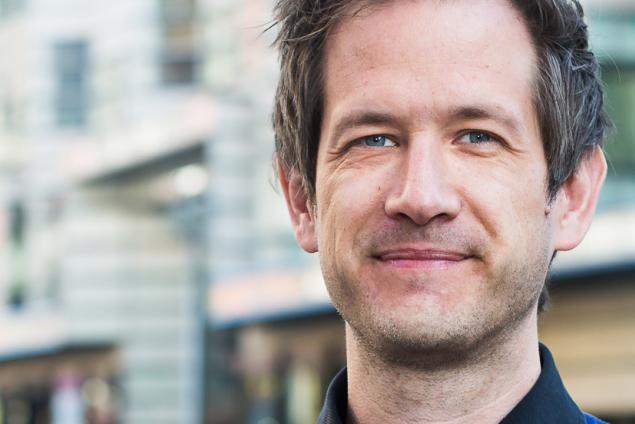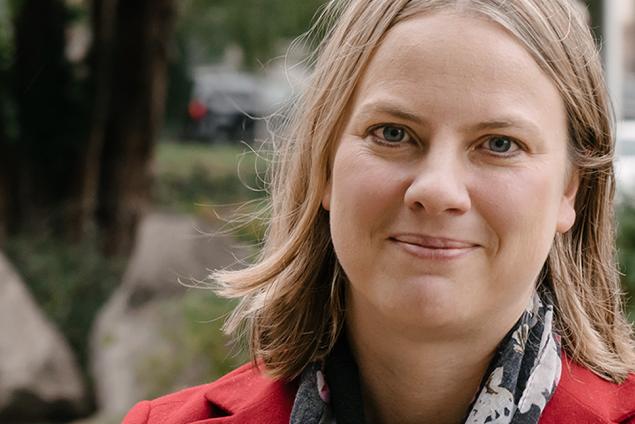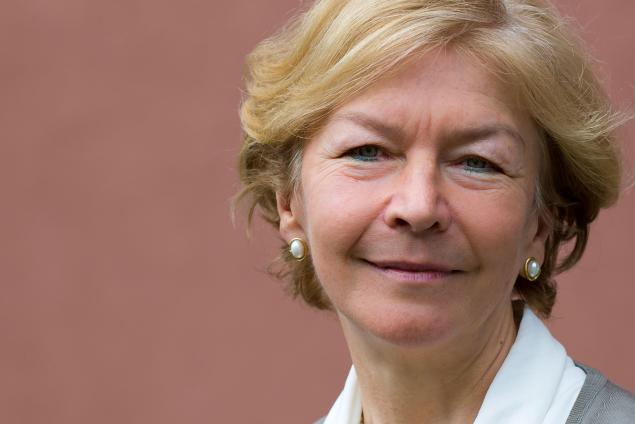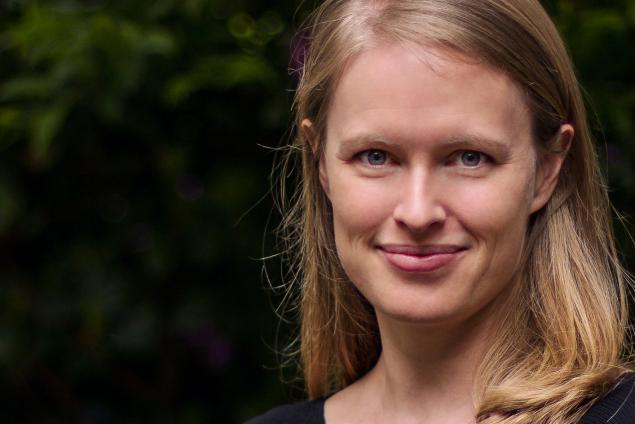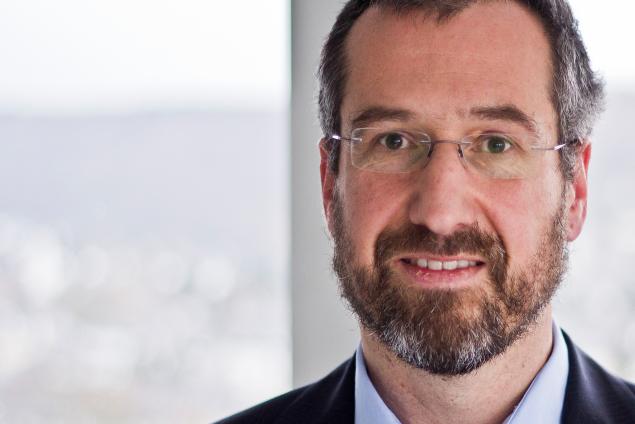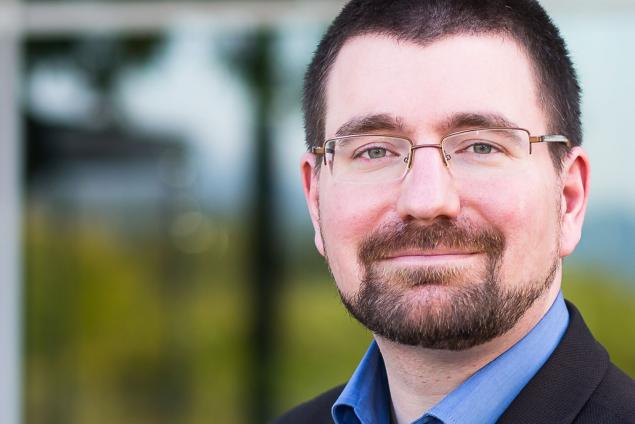Scroll to Section:
Through immigration, our society is becoming more diverse. However, the integration and inclusion of migrants is often difficult. ANUSCHEH FARAHAT is interested in the question of how this inclusion can be promoted through the means of law. In particular, she focuses on the structural obstacles migrants face when attempting to participate in society, such as when entering the job market or higher education. As she explains in this video, she, therefore, examines how the constitutional law in Germany can be used to combat structural inequalities. Establishing a definition of inclusion that sees it as an interactive process involving multiple actors, not only the migrants, she has found that the German constitution already provides a tool to implement such an interactive form of integration: the principle of equality. Of course, the law can only achieve integration to a certain extent as it is also dependent on the participation of the public.
DOI:
https://doi.org/10.21036/LTPUB10549
Institution
Original publication
Inklusion in der superdiversen Einwanderungsgesellschaft: Verfassungsrechtliche Eckpunkte
Jahrbuch des öffentlichen Rechts
Published in 2018
Reading recommendations
Progressive Inklusion: Zugehörigkeit und Teilhabe im Migrationsrecht
Published in 2014Empowerment und Zuordnung im Migrationsrecht. Das Prinzip der progressiven Inklusion
Der Staat
Published in 2013
Teilhabe in der Migrationsgesellschaft: Zwischen Assimilation und Abschaffung des Integrationsbegriffs
IMIS-Beiträge (47)
Published in 2015
Zehn Jahre Aufenthaltsgesetz: Zwischenbilanz und Trends in der Reform der Migrationssteuerung
Die Öffentliche Verwaltung
Published in 2013
Grundlagen und Strukturen eines Migrationsfolgenrechts
Deutsches Verwaltungsblatt
Published in 2016
Begriff und Konzept der Integration im Aufenthaltsgesetz
Schriften zum Migrationsrecht
Published in 2013
Beyond
A Ground-breaking Scientific Revolution
An Alarming Challenge for Society
If I Had a Second Life
A Personal Reading Recommendation
